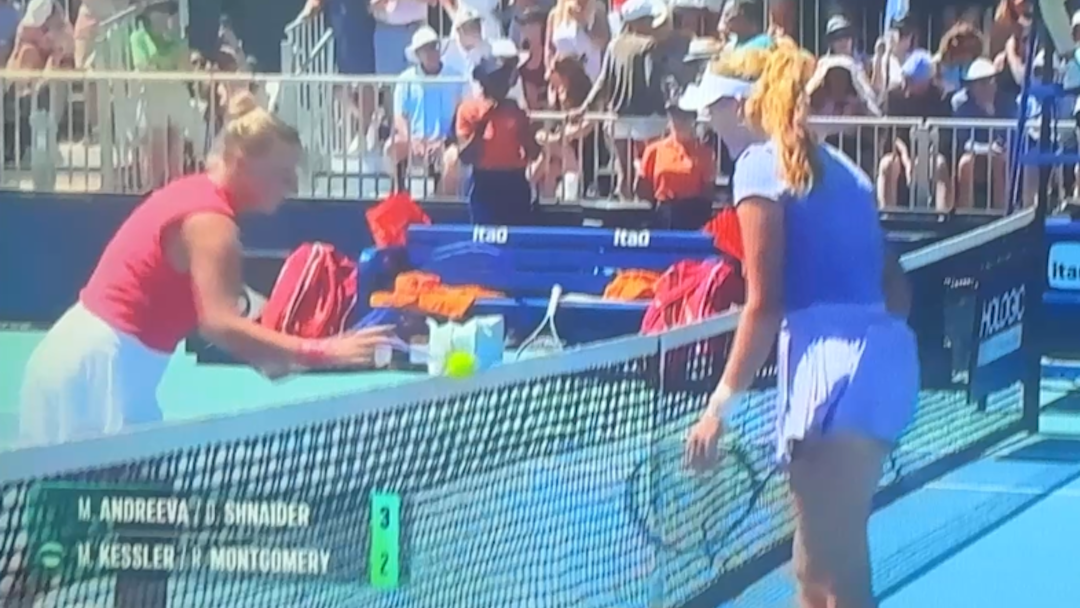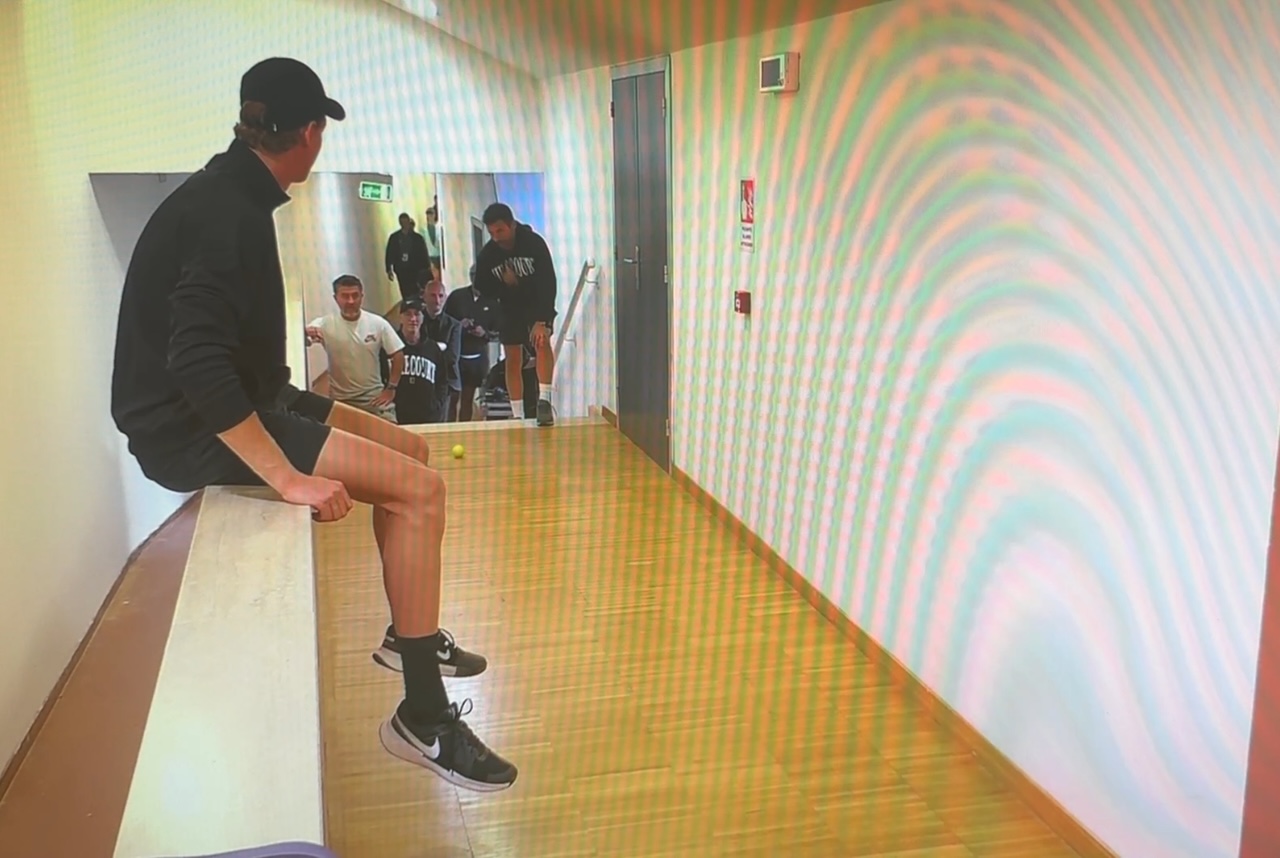I have one final hot take to round out this weekend. In the heat of a tennis match, a bad line call can feel seismic. We have all replayed those moments of controversy in our minds and regaled our teammates and friends with stories of how badly we were wronged. More often than not, we convince ourselves that questionable line calls were the turning point in an important match. It is a common lie that we tell ourselves about tennis.
As pivotal as a disputed call might seem in the moment, any single point is almost never the actual reason a match was lost. More often than not, other breakdowns set the stage for a bad line call to be impactful at all. The “better” player should dominate the match rather than hanging their hopes on a razor-thin margin. The best way to deal with bad line calls is to execute well using strategy and tactics that create a decisive advantage. One or two “stolen” points shouldn’t matter.
Another fundamental truth of tennis is that a ball that clips the line is an inherently errant shot. Even at the professional level, players aren’t aiming for the lines. No one has that degree of pinpoint accuracy, and attempting to hit the lines is a high-risk strategy. Smart shot selection builds in a larger margin of error. When a ball lands so close to the line that it’s in question, that’s often a sign that the shot strayed closer to the edge than originally planned. When an errant shot drops for a winner, it is a happy accident.
The mental game is the place where line calls really get messy. It’s rarely the actual point that does the most damage, but rather the emotional ripple effect. A player who feels wronged may spiral into frustration and lose focus. Playing with an aggrieved mindset rarely results in high performance. The psychological toll of feeling cheated can compound quickly, creating a self-fulfilling prophecy.
A better approach is to apply the basic mental assessment formula that should follow any point, not just controversial ones:
- What just happened? I lost the point.
- Why did it happen? I missed my intended target for the shot.
- What should I do about it going forward? I need to choose a better target with a higher margin of error and use better footwork to position myself to execute better.
It is hard to achieve, and I am pretty terrible at it myself, but the best response to a questionable call is emotional detachment. Meeting a bad call with calm acceptance isn’t just good sportsmanship—it’s also a competitive advantage. Composure under pressure wins more matches than wishing for perfectly clean calls ever will.



